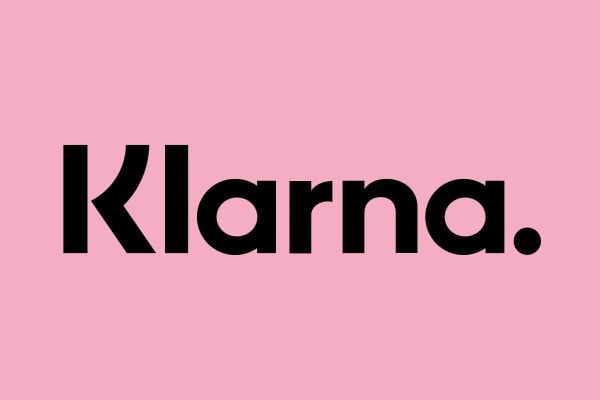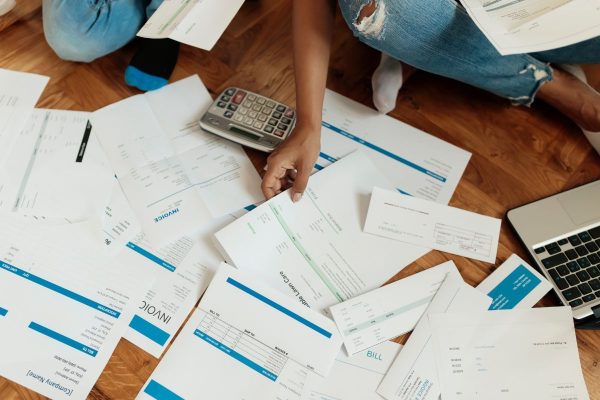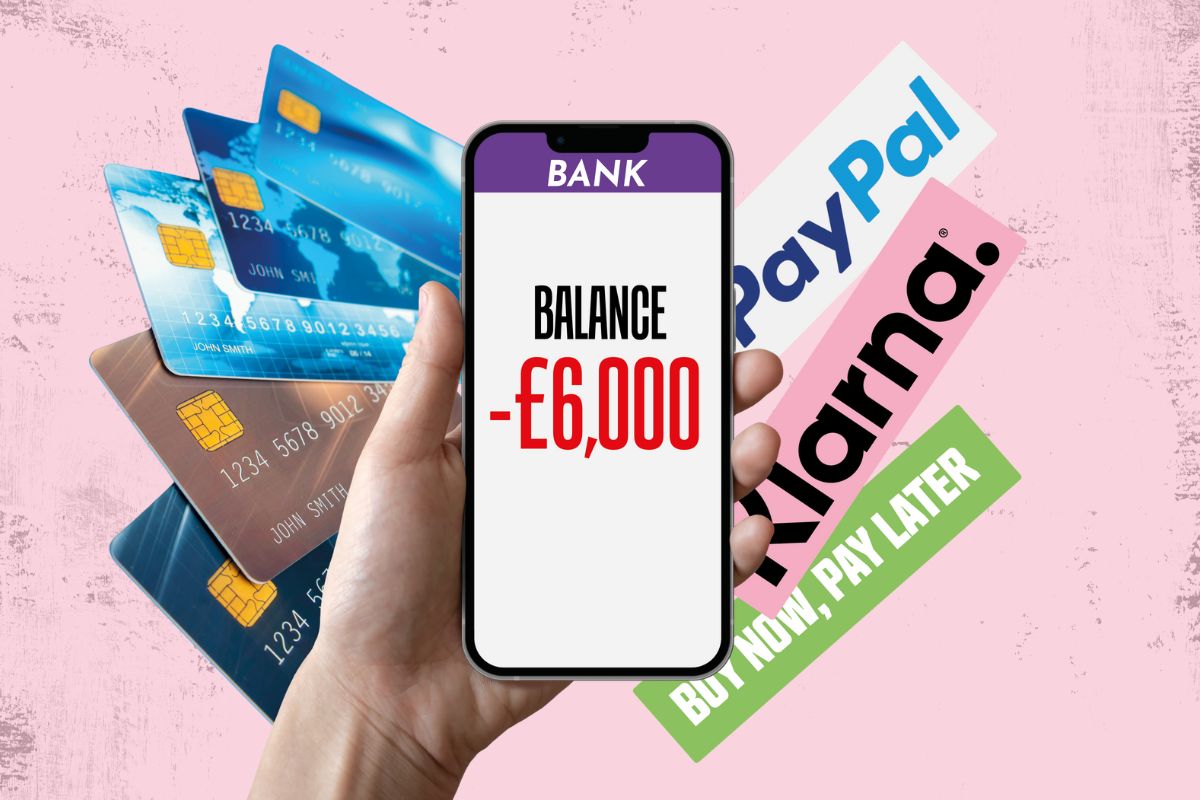The cost-of-living crisis is pushing millions of workers and youth into poverty. Facing the biggest squeeze of living standards in a century, working-class households are struggling to cope with soaring bills.
As a result, many are now turning towards ‘Buy Now Pay Later’ (BNPL) loans, offered by companies like Klarna and PayPal to help ordinary people make ends meet from day to day.
Borrowing surge

According to a survey by the Centre for Financial Capability, 54% of 18-24 year-olds expect to take out a loan over the next 12 months – a six percentage point increase on the previous year.
The same survey also revealed that the use of BNPL among UK adults rose from 29% in 2021 to 36% in 2022.
It isn’t just young people using these services. In fact, in 2021-22, the increase of over 65s using BNPL outpaced that of 18-24 year-olds. Among this elderly age group, the number who have used or intend to use BNPL in the near future has almost doubled – from 10% last year to nearly 20% this year.
This credit isn’t being used to splash out on new trainers or the latest smartphone. Worryingly, almost half of those in the over-65 bracket said that they use BNPL to spread out payments and manage rising living costs.
Similarly, a report from the University of Edinburgh found that 60% of public sector workers are relying on BNPL loans to cover increasing costs. Thanks to Tory austerity, these workers – including nurses and teachers – have seen their wages stagnate for the last 10 years, while inflation has soared.
Debt trap

Using apps like Klarna might seem like a quick solution to financial problems. Indeed, these services are advertised as allowing users to split-up or delay payments, without incurring interest.
But as the old saying goes, there’s no such thing as a free lunch. And the problems start when people cannot keep up with their debt repayments.
Take the example of Julie, a care worker in Scotland, who was forced to resort to BNPL out of desperation.
Last summer, when she was interviewed by the Financial Times, she explained that: “Splitting a payment into three chunks made sense, so I could spread the cost of some new school uniforms.”
But once Julie had paid off the uniforms, she was faced with another bill for a school trip. Julie used BNPL loans for that too, as well as to pay for energy bills and groceries.
After missing a £5 payment, she was charged a £6 fee. And since she was already short on money, the debt quickly escalated. By the time she reached out for help to a non-profit community lender, Julie had charges of £325 and a BNPL debt of £400.
Julie is not the only one facing difficulty when it comes to repaying short-term debts. According to debt charity StepChange, 45% of adults in the UK are struggling to keep up with at least one bill or credit commitment.
Far from offering a ‘quick fix’ for cash-strapped consumers, these parasites are literally feeding off of poverty and misery.
Ticking time-bomb

At the same time, the deepening economic crisis has created serious challenges for BNPL firms. Many within the ruling class are therefore watching these consumer-credit companies with a sense of unease.
For starters, revenues for these moneylenders are likely to slow amidst a recession, since their main customers are generally on low incomes and will be reining in their spending.
At the same time, default rates are going to increase, as people find it increasingly difficult to pay back their debts. Consequently, there is a serious possibility of the BNPL bubble bursting.
Klarna – who have not turned a profit since 2019 – announced in May last year that they would be sacking 700 workers due to the company’s financial difficulties.
Not only has consumer spending dried up, with pockets squeezed, but central banks are drastically raising interest rates in an attempt to fight inflation.
This is effectively pulling the rug from under the feet of speculative tech companies like Klarna, which (ironically enough) rely on cheap credit.
Klarna’s valuation has therefore nosedived recently – from $46 billion in June 2021 to $6.7 billion in July 2022. This reflects a general concern amongst investors about the long-term viability of BNPL businesses.
Regulation?
This house of cards has led to growing calls for greater oversight of BNPL companies. After Klarna’s valuation dropped, the Financial Times wrote:
“If there is one message for policymakers, it is this: Klarna does not make comfy sofas and warming meatballs like your favourite Swedish box retailer. BNPL operators are money lenders, pure and simple. It is time to regulate this industry properly before it blows up in all our faces.“
Evidently, the ruling class are concerned about the added pressure that these lenders are putting on already-struggling workers, heightening the possibility of social explosions.
Reflecting these worries, the Tory government recently announced that they intend to bring in regulation of BNPL companies.
This new legislation might make it seem like the Tories are on the side of ordinary folk. At the end of the day, however, their proposals will offer little protection for consumers. All that is being suggested, after all, are toothless measures to ensure that lenders conduct adequate credit checks.
For planning, not profit

Even at its best, regulation can only treat the symptom of the problem, not the disease.
Ultimately, the rise of BNPL loans is a reflection of the dire situation that working people have been forced into by the crisis of capitalism.
As long as we live under this exploitative, dog-eat-dog system, workers and youth will continue to be pushed into poverty, and will have to resort to ever-more desperate measures in order to put food on the table and a roof over their heads.
As long as there is profit to be made from putting people in debt, these predatory companies will exist in one form or another – whether it’s traditional credit cards, payday loans, or BNPL.
Only by expropriating the big banks and financial monopolies, and putting the economy under the democratic control of the working class, can we end the deprivation and distress of capitalism.






